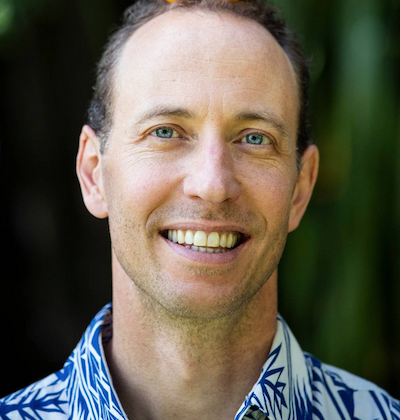COMMENTARY: By Dr Mark Craig in defence of New Zealand’s dedicated managed isolation and quarantine team and facilities as the country braces for omicron.
As workers on the ground running ourselves into the ground, it’s quite disheartening to read all the reactionary criticism of MIQ, the managed isolation and quarantine system which has saved thousands of lives in New Zealand.
It’s easy not to appreciate what it has achieved, given it has prevented something awful from happening, and only see the restrictions and disadvantages it has necessarily caused by its existence.
Also, most of the people who have been spared from severe illness are not the ones who are complaining.
- READ MORE: Other reports on NZ’s response to covid-19
- 120 protesters at NZ’s Parliament arrested as tension grows on third day
I am so impressed with the small and dedicated MIQ teams I have worked with — a throw-together of excellent nurses, health care assistants, well-being coordinators, security, hotel staff, police and the impressive NZ Defence Force.
These people are gold and the cornerstone of preventing a certain healthcare system crisis.
They have retained great professionalism in the face of numerous extremely challenging guests and logistics around dealing with covid positive cases while keeping them as happy as can be in a confined space.
Currently we are full of overseas border returnees from all over the world, many angry at being in isolation and taking it out on our staff, to the point where absenteeism is common and job satisfaction has dipped hugely.
Staggering towards MIQ end
We are all staggering towards the end of the MIQ system, rather punch drunk and weary.
Our staff currently receive relentless angry calls from guests who don’t get what they want immediately, currently often the investigation of potential historical covid status (of which there are dozens presently), more than one expressing “there will be blood on the walls” if their immediate demands are not met.
I can understand why to a degree — they are stuck in a room and can’t see the huge amount of work going on behind the scenes, with teams putting in long tiring days, well over their paid hours, but unfortunately it also brings out the worst in some people of certain personality types and those with mental health issues.

Also I must add that a majority of people are able to “just get on with it” and do the time, something most of us would find tedious.
There is a financial cost to saving lives in any area of healthcare and now it has been deemed the harms of MIQ outweigh the benefits, rightly in my and most people’s opinion, as covid spreads in the community and borders open up.
If only we could have the same political will and public acceptance that we have had for lockdown and vaccination programme to put preventative health measures and laws to address the two other huge elephants in the room, our chronic disease epidemic and environmental crises.
Firm beneficial health laws
We could reduce our health spending by orders of magnitude while greatly improving health if we had some firm laws for clearly beneficial proposals such as sugar and fat taxes, and the marketing of harmful, processed foods and alcohol, especially at our children.
We could equally slash our carbon emissions whilst raising health outcomes with the promotion of a plant based type of diet, as per the current international public health consensus.
We just need to be brave, follow the science and not give in to the numerous interest group detractors. Our world beating covid response has shown we can do it.
Let’s keep the momentum up and not go back to our pre-covid slumber.
Dr Mark Craig is an Auckland-based lifestyle medicine doctor working in managed isolation and quarantine facilities. This article was first published in the New Zealand Herald and is republished here with the author’s permission.
This post was originally published on Asia Pacific Report.